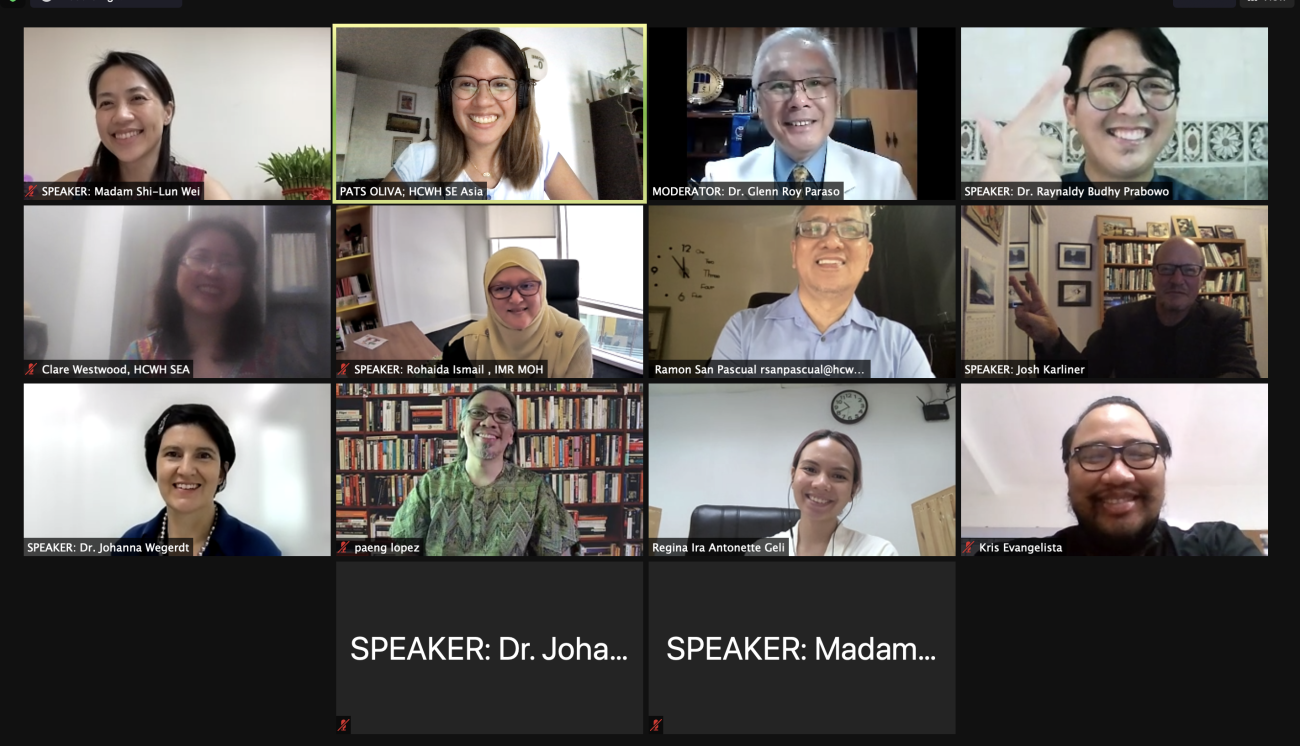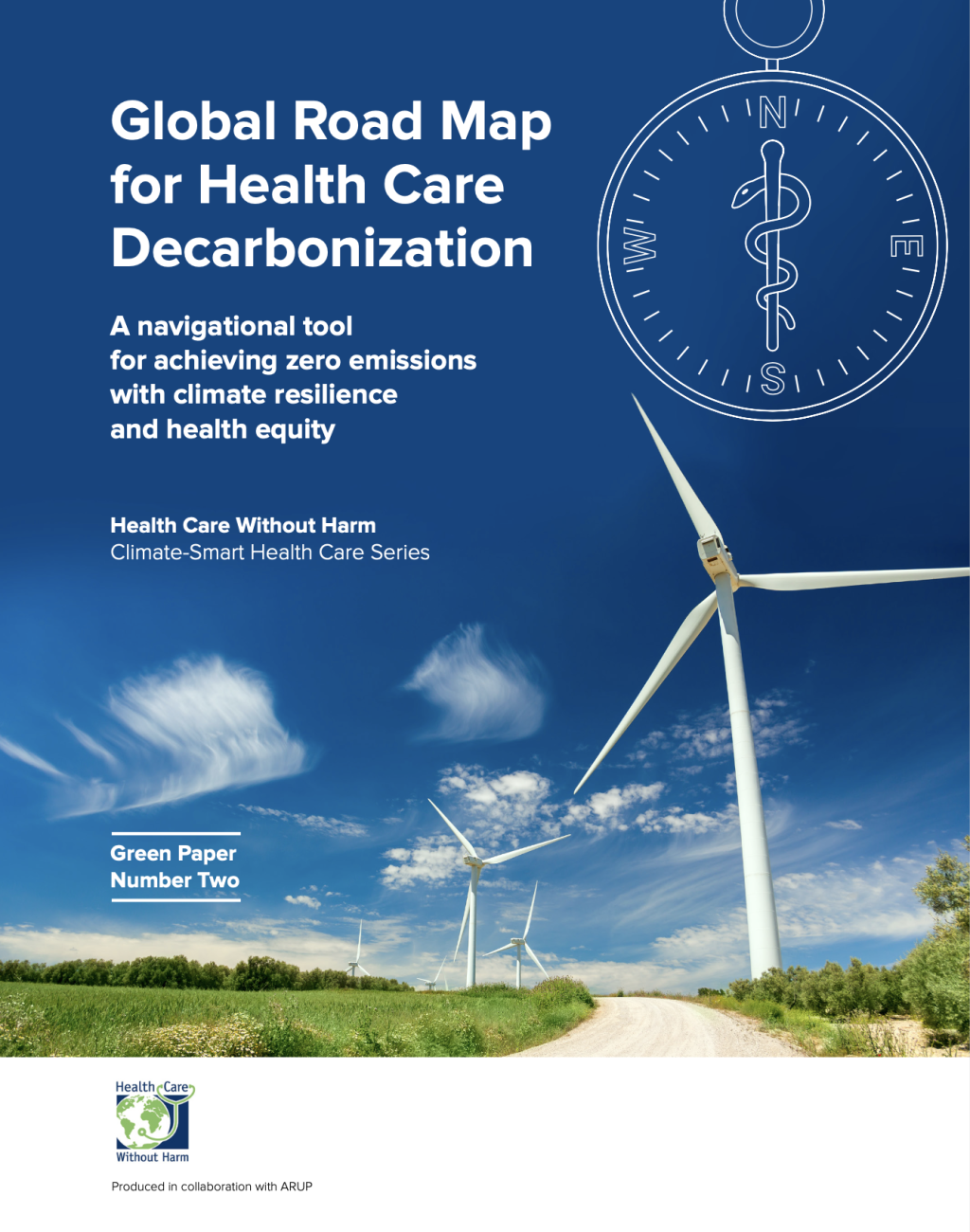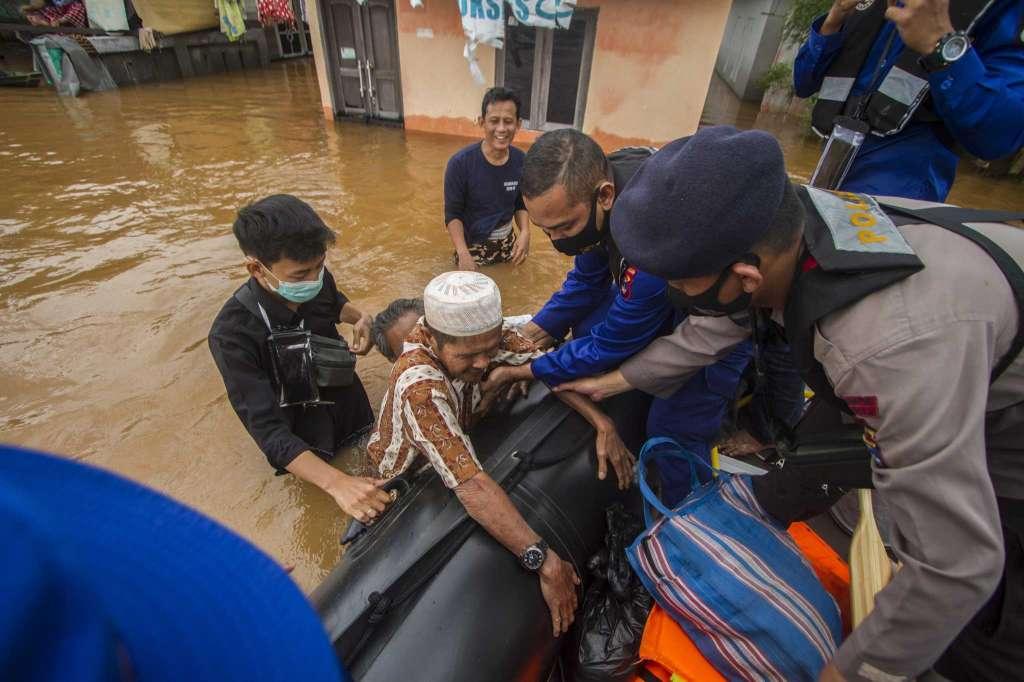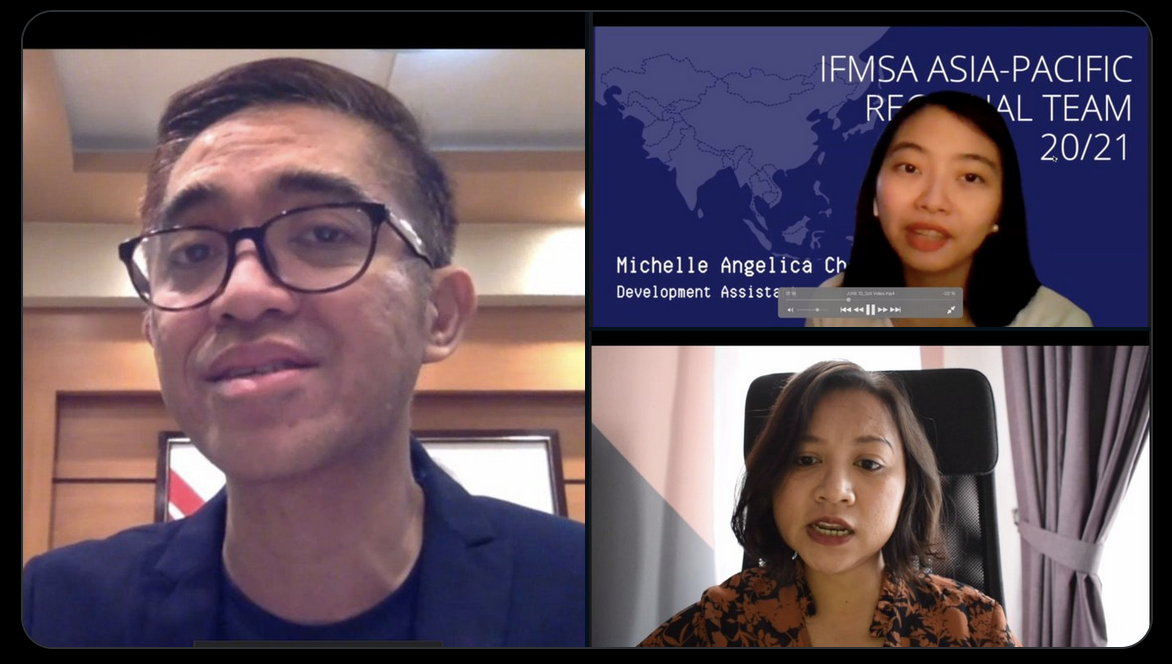Organized by Health Care Without Harm - Southeast Asia (HCWH - SEA), and moderated by Dr. Glenn Roy Paraso, CEO and Executive Director of Mary Johnston Hospital in Tondo, Manila, Philippines, last June 10, 2021 HCWH's Global Roadmap for Healthcare Decarbonization was officially launched in the region.
The virtual launch featured the following speakers:
- JOSH KARLINER, International Director of Program and Strategy, HCWH Global
- OWEN JENKINS, British Ambassador to Indonesia and Timor Leste, FCDO UK
- JOHANNA WEGERDT, WHO WPRO Climate Change Technical Officer
- ROHAIDA ISMAIL, Public Health Medicine Specialist, Head of Climate Change Unit, Institute for Medical Research, Ministry of Health Malaysia
- RAYNALDY BP, Doctor Champion, RISE Alliance for Health and Climate (Indonesia)
- MADAM SHI-LUN WEI, Deputy Director General, Health Promotion Administration Taiwan
The virtual launch was opened by Ramon San Pascual, Executive Director of HCWH SE Asia saying that, "the Decarbonization Roadmap, which was produced in partnership with Arup, will help hospitals address not only their carbon emissions but also the need to build resilience in hospitals and communities, a lesson we have painfully learnt from climate-induced disasters and the pandemic."
Josh Karliner, HCWH Global's International Director of Program and Strategy explained in a presentation that in 2019, HCWH with the Arup group, created the Green Paper 1, in which the core recommendation is for healthcare systems to align themselves with the 2015 Paris Climate Agreement. It’s from these recommendations that the Decarbonization Road Map was formed. The Decarbonization Road Map is the Green Paper 2, a dynamic online document and is the first ever attempt to chart a climate course for the healthcare sector. He also added that, “while there is no vaccine for the climate crisis, prevention and preparedness, two fundamental principles are what can help save the day and deliver healthy people on a healthy planet.”
The presentation was followed by reactions from the guest speakers:
- Mr. Owen Jenkins, British Ambassador to Indonesia and Timor Leste - Mr. Jenkins discussed the importance of recognizing not just healthcare systems’ vulnerability against climate change, but also its role as a carbon emitter. He commended HCWH and its partners in developing and disseminating the Road Map. “The Road Map is a useful tool in helping countries to understand how they can grow and strengthen their health systems in a way that will minimize carbon emissions as they develop while also ensuring that the system can ensure to protect our populations as we increasingly suffer the impacts of climate change.”
- Dr. Johanna Wegerdt, WHO WPRO Climate Change Technical Officer - Dr. Wegerdt described the document as a comprehensive and significant piece of work in its time and a good follow-up to the first document. She also highlighted two areas in the Road Map in particular: the Guidance on Climate Resilience and Environmental Sustainable Healthcare Facilities; and the Document Access to Modern Energy Services for Healthcare Facilities. She then listed the different ways, programs, and initiatives from WHO that complement the goals and recommendations of the Road Map. Dr. Wegerdt ended her discussion with a note on transformation change and its importance: “It’s not up to us to modify the message or modify the change . . . Transformational change will happen with or without these [critics] on board.”
- Dr. Rohaida Ismael, Public Health Medical Specialist, Head of the Climate Change Unit, Institute of Medical Research, Ministry of Health, Malaysia - Dr. Rohaida discussed how the national plans in Malaysia provide a common framework in the implementation and strengthening of international health regulations for detecting, preparing, and responding to infectious disease, but also preparedness to public health emergencies including natural disasters and climate-related disasters and extreme weather events. She listed the many different ways in which national and sub-national plans are being updated to reflect more climate resilient healthcare systems and also further plans to implement the seven high-impact areas of the Road Map.
- Dr. Raynaldy, RISE Southeast Asia Ally (Indonesia) - Dr. Raynaldy emphasized the areas that the healthcare sector still needs to improve on. We are paying the cost for convenient comforts such as air conditioning, plastics, etc. The seven high-impact actions show that emissions can happen everywhere but it also showed us where to start. He also stressed the importance of cohesion and cross-collaboration built within the health community: “We cannot move part-by-part, we have to move together.” And the best way to move forward is in a way that’s effective, efficient, and sustainable.
- Madam Shi-Lun Wei, Deputy Director General, Health Promotion Administration, Taiwan - Madam Shi-Lun Wei shared some of what Health Promotion Administration (HPA) Taiwan has done to help reduce and mitigate emissions within the area of the Road Map’s seven high-impact actions. She also emphasized the need for healthcare institutions to promote strategies in decarbonization and that a bottom-up approach is not enough, but a top-down one as well. Madam Wei finally shared that, "[in] going forward, we want to communicate more with our hospitals on their stance of this subject, and to assist them with existing, mainstream energy saving and carbon-reduction measures, so that we hope we can minimize additional burden on medical institutions."
A deeper discussion followed the panel of reactions which Dr. Paraso then summarized and ended with these words: “The opportunity is there to integrate health as a driver to other sectors so that we can be resilient, climate-wise and health-wise . . . Decreasing health vulnerabilities will increase our global health security.”
The virtual launch was closed by solidarity video messages from health and climate allies around South-east Asia, with special mention to Dr. Jonathan Jadloc of the Philippine College of Physicians, Michelle Choa of the Asia-Pacific chapter of the International Federation of Medical Student Associations and Nadiah Dzulfakar of Klima Action Malaysia.
In case you've missed the virtual launch, you can watch it here:
The virtual launch was featured by the media, you can read more here:
- https://newsinfo.inquirer.net/1445642/health-care-sector-urged-to-lower-carbon-footprint
Want to partner with us on various health and climate initiatives in South-east Asia? Send an email to infoasia@hcwh.org or visit this link



